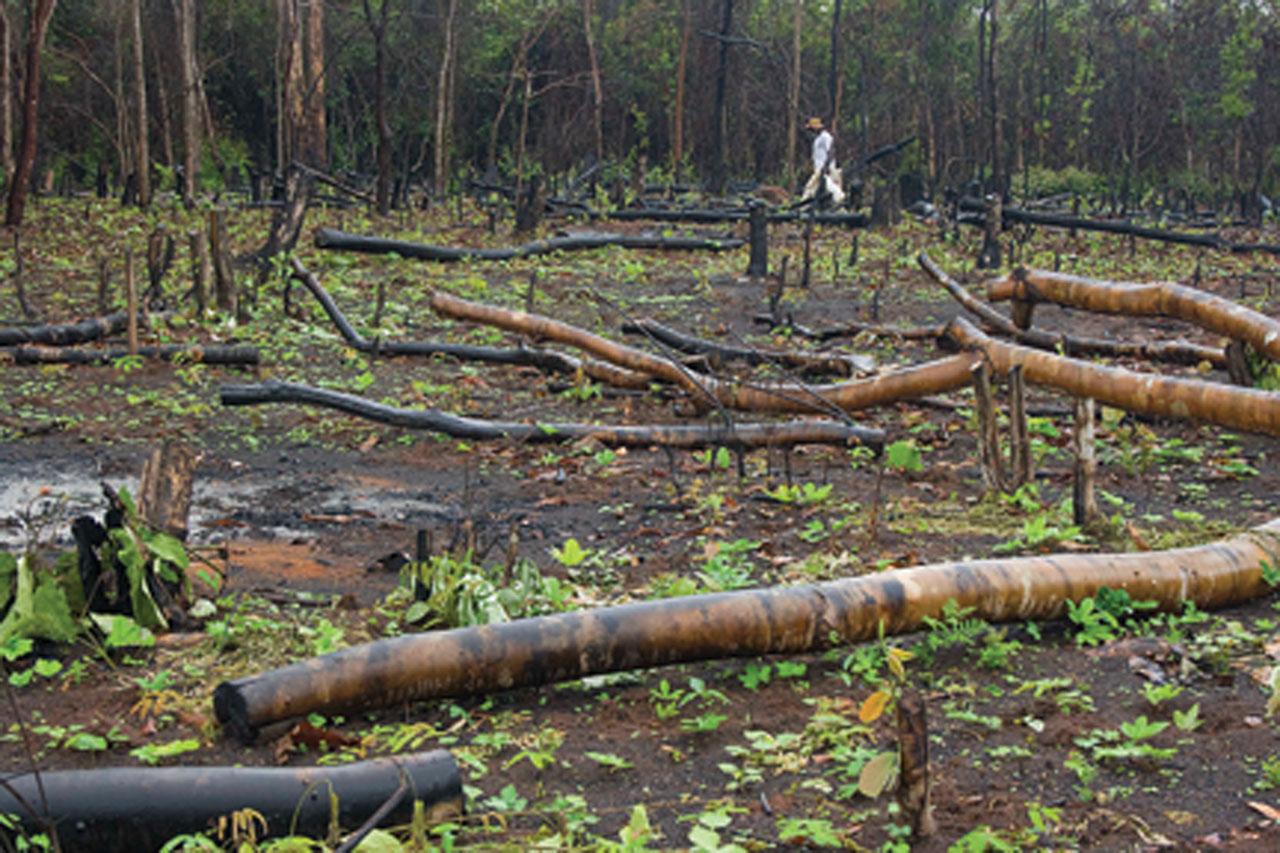 “Sustainable development is based on the principle that the right to development must be fulfilled so as to equitably meet developmental and environmental needs of present and future generations.” —1992 Rio Earth SummitCoinciding with Cultural Survival’s (CS) 40th anniversary is the United Nations Conference on Sustainable Development (Rio+20) that will take place in Rio de Janeiro, Brazil on...
“Sustainable development is based on the principle that the right to development must be fulfilled so as to equitably meet developmental and environmental needs of present and future generations.” —1992 Rio Earth SummitCoinciding with Cultural Survival’s (CS) 40th anniversary is the United Nations Conference on Sustainable Development (Rio+20) that will take place in Rio de Janeiro, Brazil on...
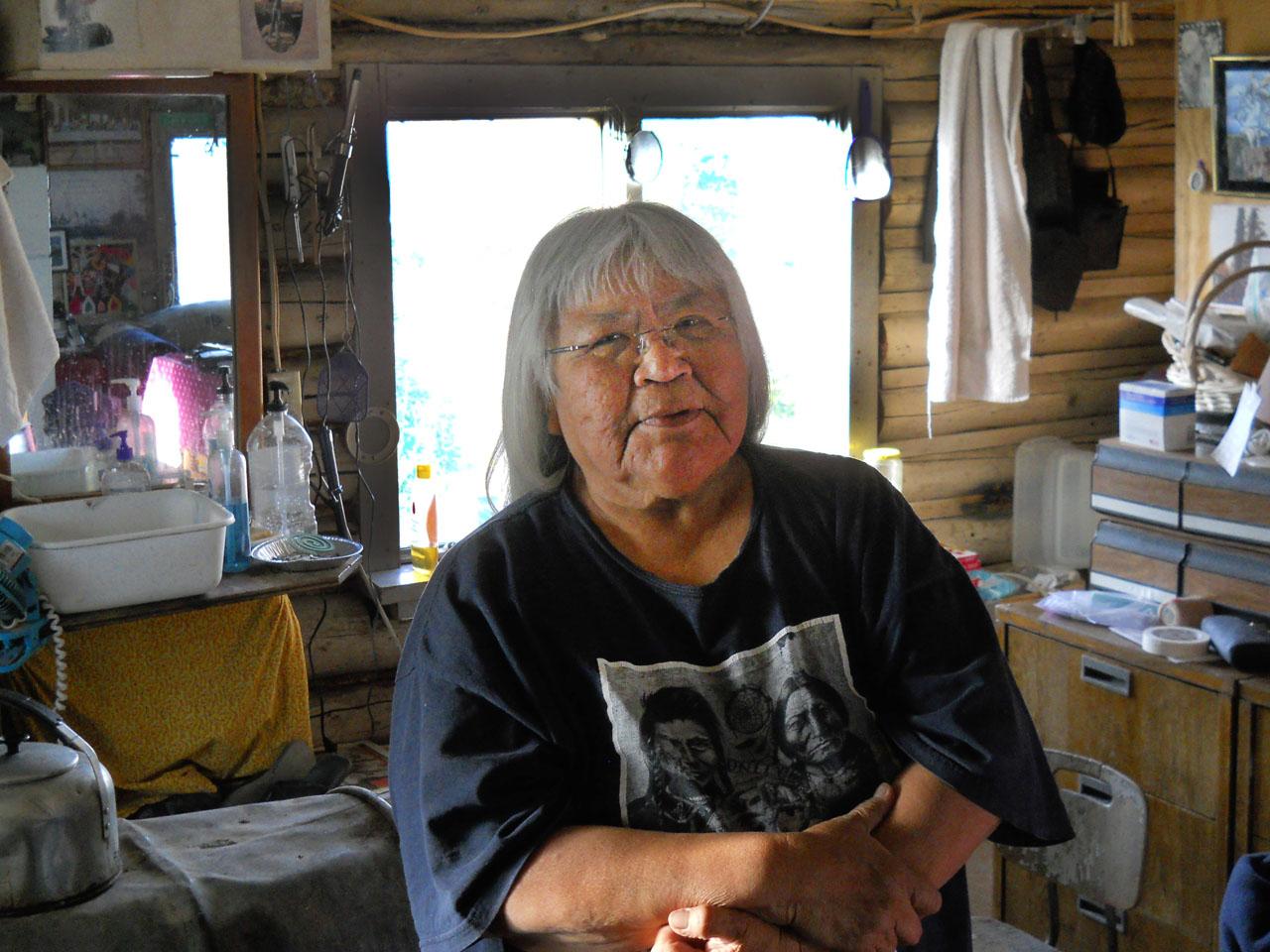 Arctic Village is one of the most remote Native villages in Alaska; far away from the noise and turmoil of mainstream society, the only large chaos it consistently registers is climate change.This past summer, Arctic Village saw rapidly shifting weather and its strongest storms.Gideon James is a Gwich’in Elder in Arctic Village who is seeing shifts in fish migration. “I really think the fish are...
Arctic Village is one of the most remote Native villages in Alaska; far away from the noise and turmoil of mainstream society, the only large chaos it consistently registers is climate change.This past summer, Arctic Village saw rapidly shifting weather and its strongest storms.Gideon James is a Gwich’in Elder in Arctic Village who is seeing shifts in fish migration. “I really think the fish are...
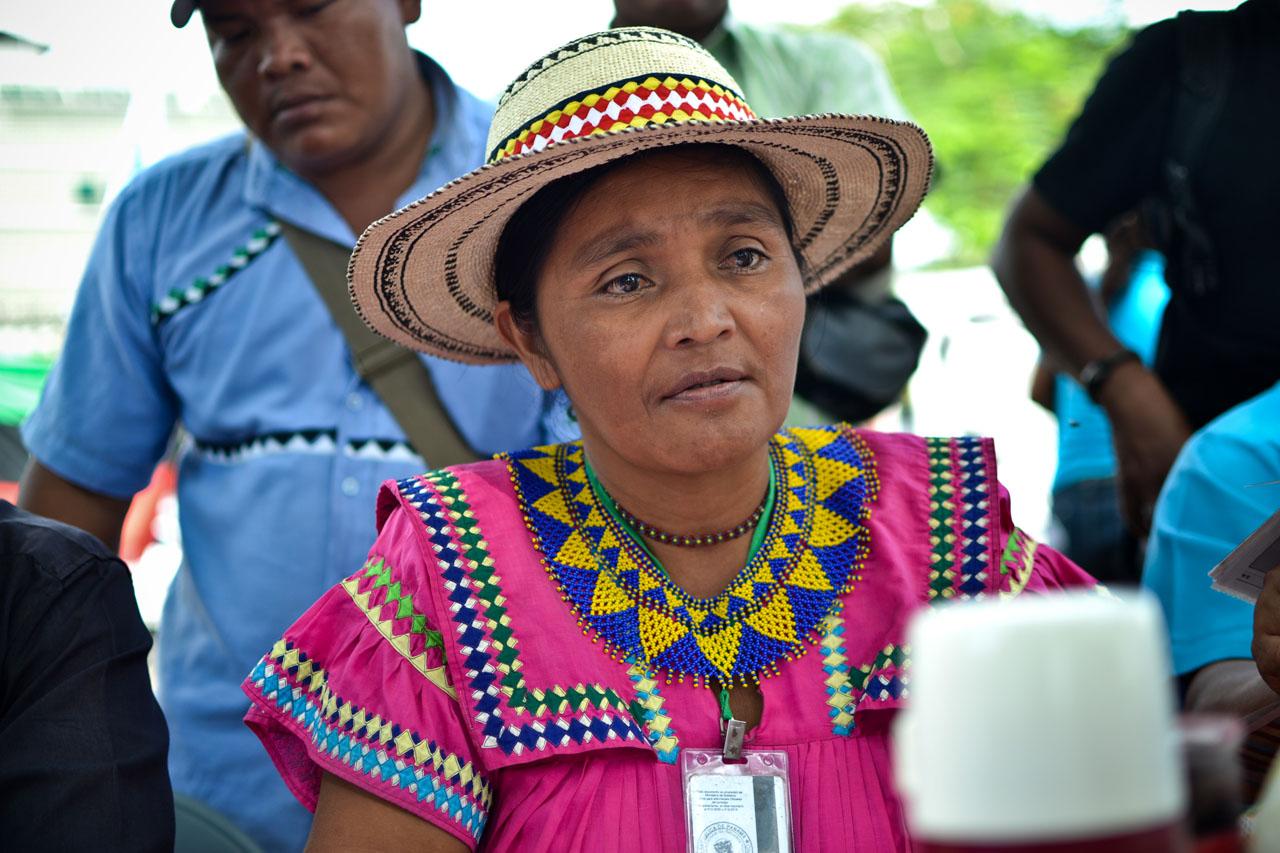 The Ngöbe-Buglé comarca (Indigenous administrative region), located in western Panama, is the largest of five Indigenous regions of this Central American country. It is home to great wealth, both in mineral (copper) and biotic resources; however, its Indigenous population lives in poverty and isolation in the absence of adequate state accountability, allowing for the highest infant mortality rate...
The Ngöbe-Buglé comarca (Indigenous administrative region), located in western Panama, is the largest of five Indigenous regions of this Central American country. It is home to great wealth, both in mineral (copper) and biotic resources; however, its Indigenous population lives in poverty and isolation in the absence of adequate state accountability, allowing for the highest infant mortality rate...
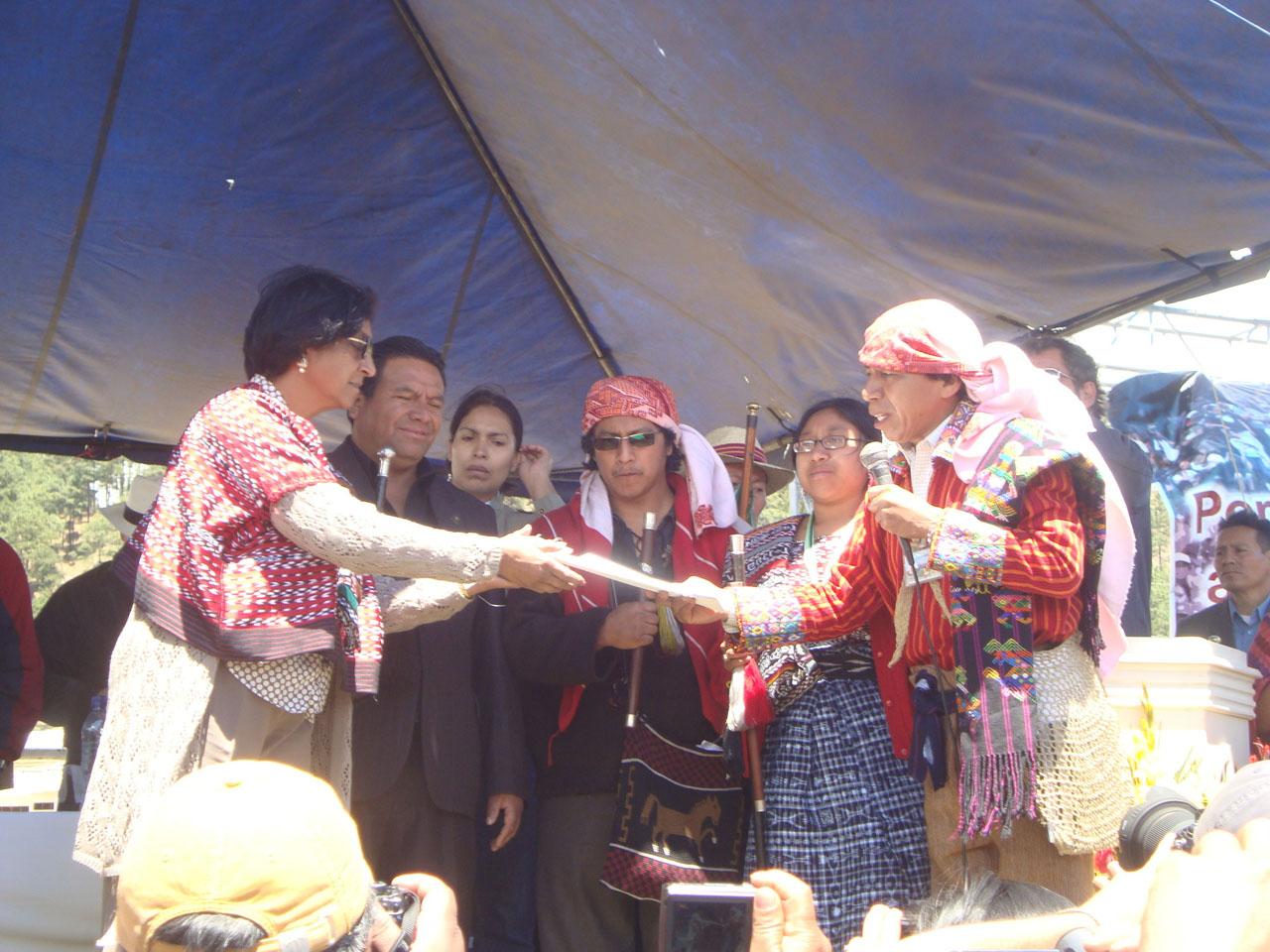 On March 13, 2012, thousands of Indigenous people gathered in the chilly highland town of Totonicapan, Guatemala, milling into the town’s soccer stadium to await the arrival of the United Nations (UN) High Commissioner for Human Rights, Navi Pillay, during her official visit to the country. The day of the month marked Noj, is designated as a day of wisdom according to the Mayan calendar. Old...
On March 13, 2012, thousands of Indigenous people gathered in the chilly highland town of Totonicapan, Guatemala, milling into the town’s soccer stadium to await the arrival of the United Nations (UN) High Commissioner for Human Rights, Navi Pillay, during her official visit to the country. The day of the month marked Noj, is designated as a day of wisdom according to the Mayan calendar. Old...
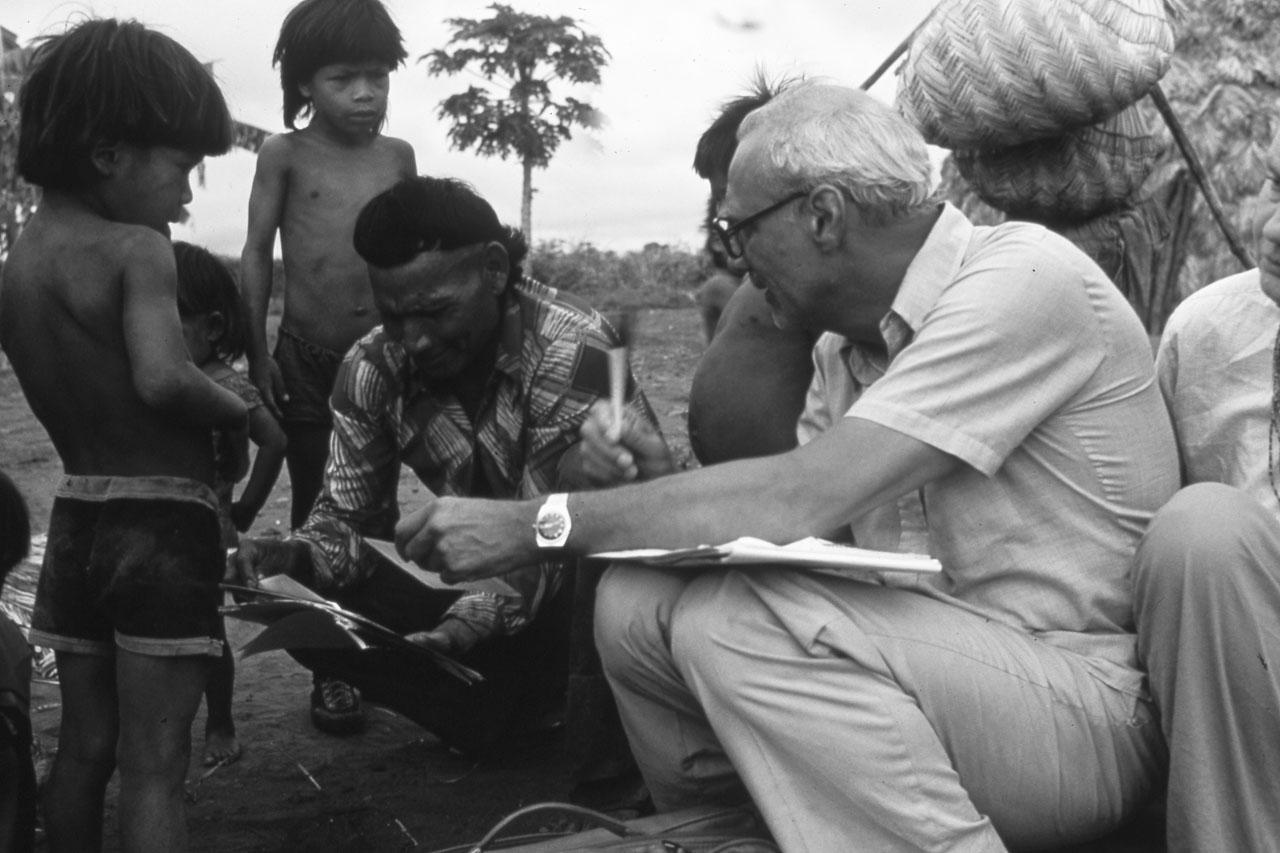 2012 is a significant year for the world’s Indigenous Peoples. It marks the start of a new cycle in the Mayan calendar, Oxlajuj B’aqtun. It marks the 40th anniversary of the Aboriginal Tent Embassy in Canberra, Australia. It is also the 40th anniversary of Cultural Survival!"On March 2, 1972, my husband David Maybury-Lewis [1929–2007], Evon Z. Vogt Jr., Orlando Patterson [all social...
2012 is a significant year for the world’s Indigenous Peoples. It marks the start of a new cycle in the Mayan calendar, Oxlajuj B’aqtun. It marks the 40th anniversary of the Aboriginal Tent Embassy in Canberra, Australia. It is also the 40th anniversary of Cultural Survival!"On March 2, 1972, my husband David Maybury-Lewis [1929–2007], Evon Z. Vogt Jr., Orlando Patterson [all social...
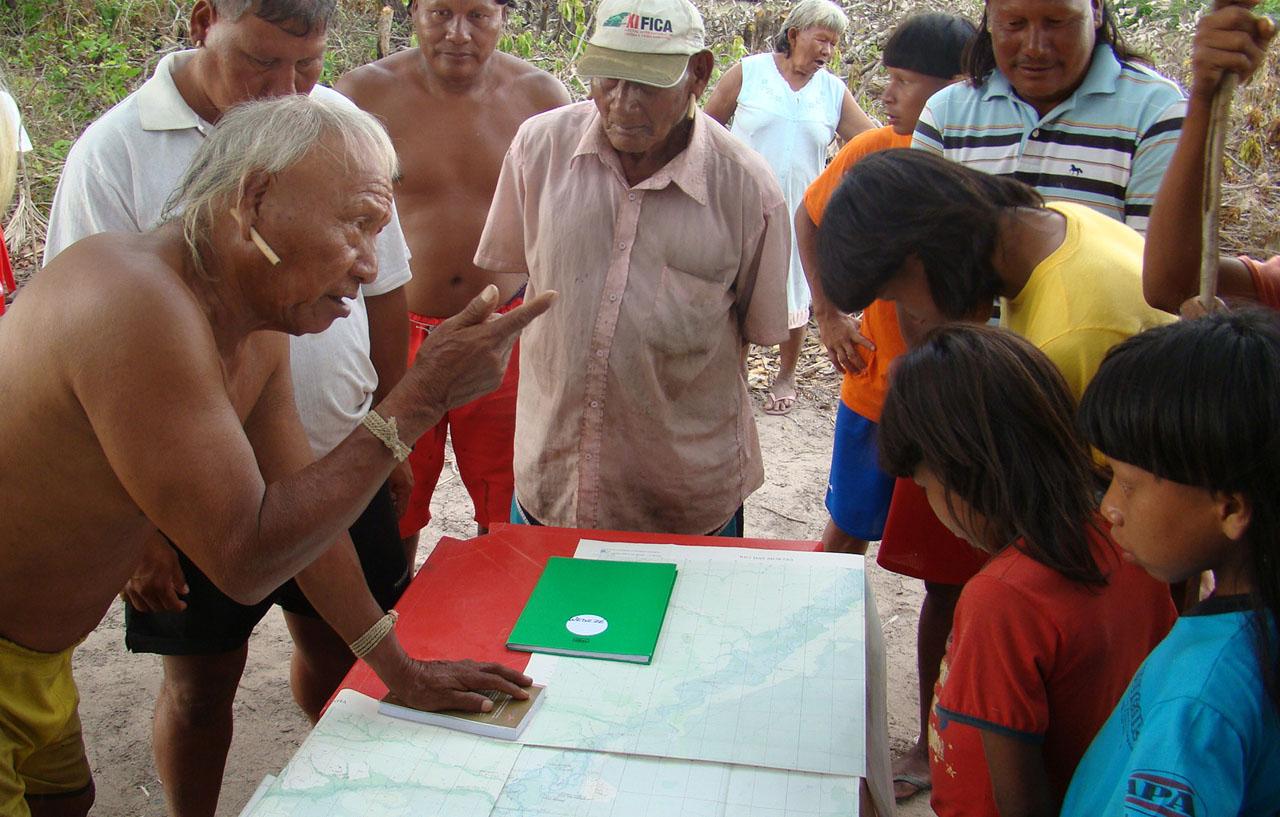 David and Pia Maybury-Lewis developed the idea for Cultural Survival following their experience living among the Xavante Indians in Central Brazil during the late 1950s. David was conducting anthropological field research for his doctoral dissertation. They lived in a Xavante community in Mato Grosso state known to the Xavante as Wedezé (São Domingos) that had only recently established peaceful...
David and Pia Maybury-Lewis developed the idea for Cultural Survival following their experience living among the Xavante Indians in Central Brazil during the late 1950s. David was conducting anthropological field research for his doctoral dissertation. They lived in a Xavante community in Mato Grosso state known to the Xavante as Wedezé (São Domingos) that had only recently established peaceful...
 In March, during their spring break, University of Wyoming law students Sabrina Sameshima and Matt J. Stannard traveled to Kenya to observe a court hearing involving Samburu people who had been forcibly evicted from their lands. Their group included former Cultural Survival intern Travis LaSalle, now a practicing lawyer, who contributed to Cultural Survival’s investigationof police attacks on...
In March, during their spring break, University of Wyoming law students Sabrina Sameshima and Matt J. Stannard traveled to Kenya to observe a court hearing involving Samburu people who had been forcibly evicted from their lands. Their group included former Cultural Survival intern Travis LaSalle, now a practicing lawyer, who contributed to Cultural Survival’s investigationof police attacks on...
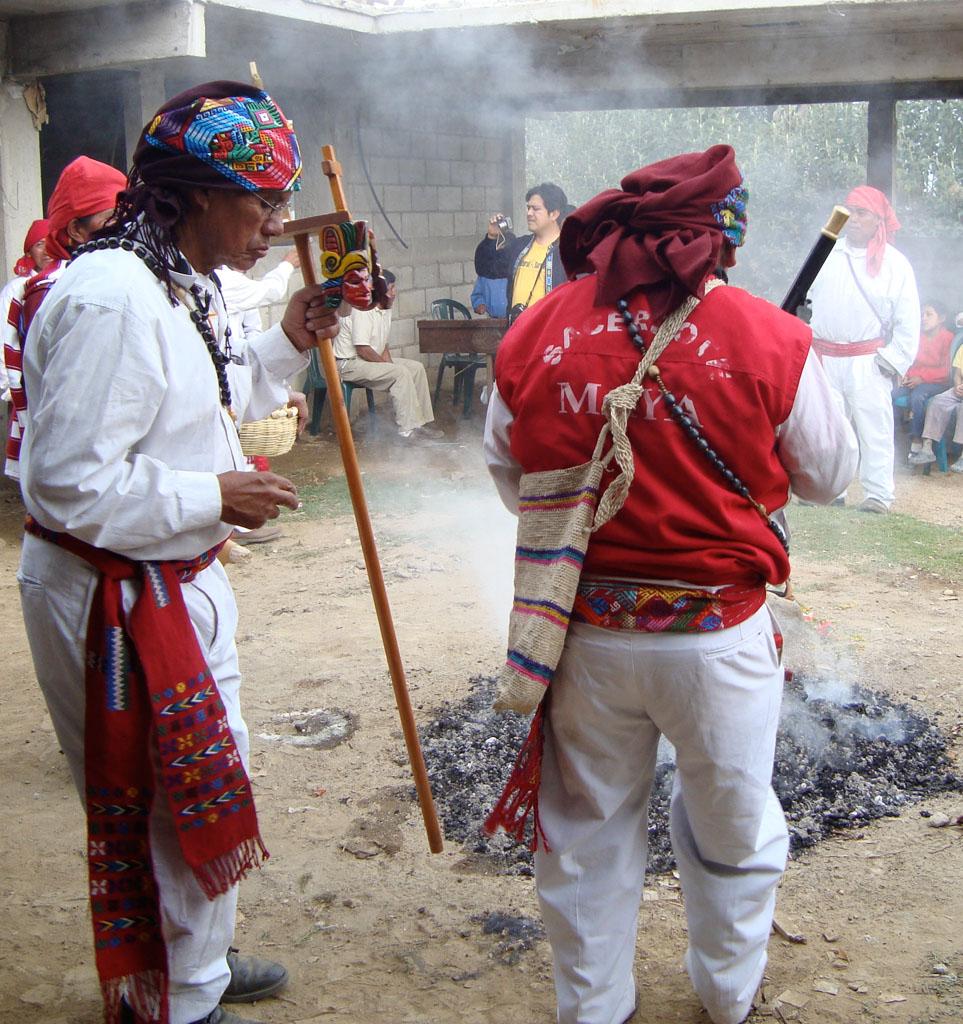 The town of Cajola lies in a valley surrounded by mountains in the highlands of Quetzaltenango, Guatemala. Despite being just a 40-minute bus ride from the second largest city in the country, Cajola feels very much its own: every woman on the street wears the traditional hand-embroidered dress or traje specific to Cajola. It’s 18,000 residents are by large majority Mam Maya, who havemanaged to...
The town of Cajola lies in a valley surrounded by mountains in the highlands of Quetzaltenango, Guatemala. Despite being just a 40-minute bus ride from the second largest city in the country, Cajola feels very much its own: every woman on the street wears the traditional hand-embroidered dress or traje specific to Cajola. It’s 18,000 residents are by large majority Mam Maya, who havemanaged to...
Support Indigenous writers and journalists. This content is made entirely possible by loyal readers like you. Cultural Survival does not believe in paywalls. We rely on our supporters and readers to give what they can so that we can continue bringing you Indigenous-led solutions.
Our website houses close to five decades of content and publishing. Any content older than 10 years is archival and Cultural Survival does not necessarily agree with the content and word choice today.